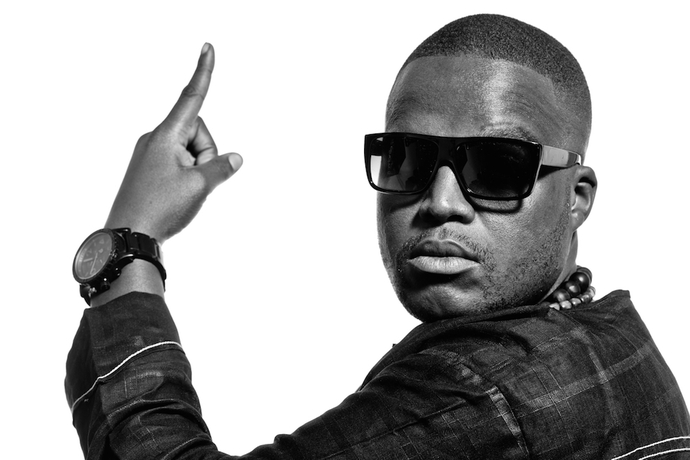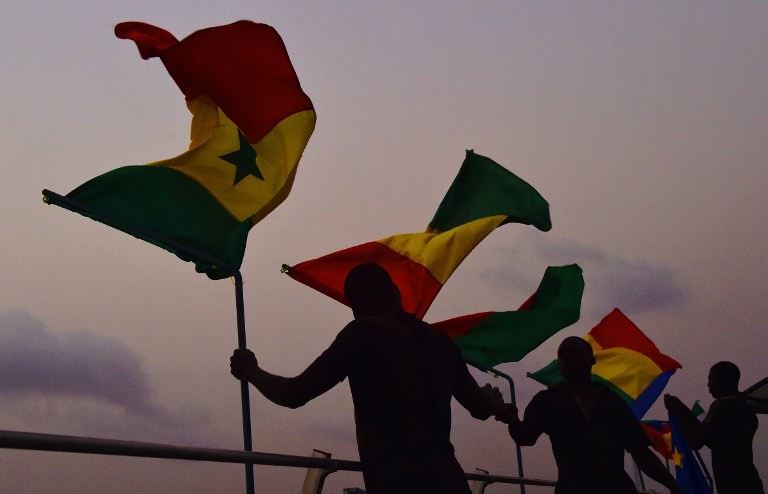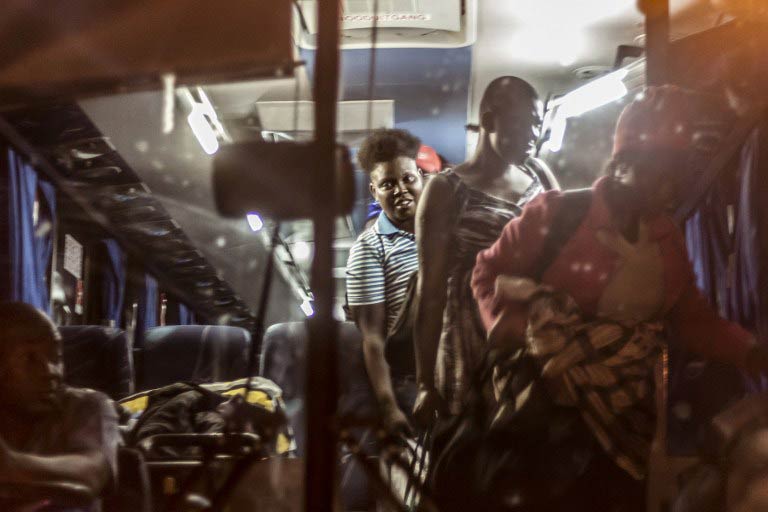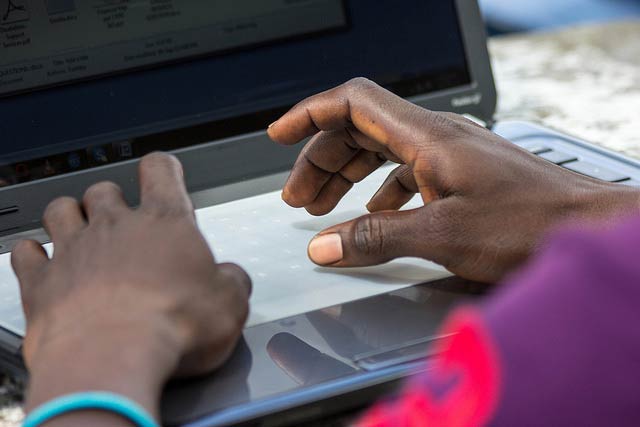
The logo wrapped around the stage pillars at the Lifaqane-Mfecane Music Festival – the inaugural traditional music event in Maseru, Lesotho, hosted against a mountainous backdrop at the Thaba Basiou Cultural Village on May 2 – read “1815 was chaos, 2015 is collective.”
The logo compares a “collective” 2015 to the “chaos” of 1815, the year that marked the start of almost three decades of turmoil and wars between Southern African ethnic groups. This period in history is known as the Mfecane in isiZulu, Lifeqane in Sesotho or the “Wars of Calamity” by the English, which effectively led to the creation of the Lesotho kingdom.
And yes, following last year’s political upheaval in the country, which saw an alleged botched coup and the subsequent suspension of Parliament, a sense of political calmness prevailed at the February general elections, according to the Southern African Development Community Electoral Observation Mission. The elections were called following the unrest and resulted in the current coalition government.
But implying that 2015, by way of the music festival, is a “collective” would be fairly presumptuous of Ancestral Collective, the nonprofit organisation that presented the spectacle. With a late start to the music event and some no shows, a sense of chaos pervaded the poorly attended event.
Hit and miss
Due to the late start, South African musician Thandiswa Mazwai’s pre-headliner performance was cut to 30 minutes. But in that limited time, the award-winning singer gave a rousing show and sang extended renditions of hits such as “Ingoma” to an enamoured audience wrapped in blankets and thick coats to ward off the autumn night’s chill.
As the dwindling crowd patiently waited for the final act, South African rap icon Hip Hop Pantsula, an unfamiliar face – not the festival emcee – took to the stage to snappishly announce the closure of the concert in Sesotho. With a few boos and cries of disappointment from the crowd, the first Lifaqane-Mfecane Music Festival unexpectedly shut down just after midnight.
“Police closed it down after midnight,” read the WhatsApp response from the organisers to my questions on reasons the show was cut short. If this message was broadcasted clearly to those who paid from R150 for a ticket, there would have been less anger and confusion at the event.
But with firsts, obstacles are likely to surface; making it easy to forgive the glitches that arose at Saturday’s showcase. The atmosphere at the cultural village was upbeat and performances from the musicians who did play were captivating.
Highlighting traditional music from Lesotho and South Africa, artists like maskandi heroes Phuzekhemisi and Ntombe Thongo and Lesotho-born vocalist Tsepo Tshola had audiences on a high. While local saxophonist and singer Bhudaza led his band and the crowd on a soulful jazz and gospel journey through the evening.
Heritage remembered
Lifaqane-Mfecane Music Festival is funded by Ancestral Collective. It is a new organisation “developed and structured to create platforms to create and send a strong message to our people, in particular Africans, to remember and know their history, know who they really are, be proud of and celebrate their cultures, customs and traditions”, writes the organisation’s Lekhooe Isaac Khothatso Moletsane who, according to him, is “direct descendant of the great Makgothi Moletsane”.
Makgothi Moletsane was a revered ally of the 19th century BaSotho king, Moshoeshoe I, who is buried in the area where the festival took place, Thaba Basiou, which was also his headquarters during part of his reign.
“The main focus of the show is Sesotho traditional music, with 74% of the artists being Basotho,” reads the Ancestral Collective website’s write-up on the event, as it names musicians such as Mantsa, Puseletso Seema and Rabotso le Semanyane. Using local and international music acts, the festival’s aim seems clear: to “pay tribute to a forgotten but very important time in our history, to pay homage to those who fought and died trying to protect our people and our land, and to get people to think about, research, and learn about this time in our history. Once we truly know who we are and where we come from, then we will know where we are going”.
Africa is one
And at a time where widespread ethnic violence or xenophobia recently erupted in the country surrounding Lesotho, it is this last sentence by the organisation that South Africans could take away and utilise it as a way of respecting foreign nationals as fellow Africans and nothing less.
In an interview with Hip Hop Pantsula ahead of his performance at the festival, he spoke at length about this topic to the Mail & Guardian.
“Part of the reasons why these attacks are happening is that we don’t know any better. We don’t know the true history of the origins of many of our ethnic groups here at home; and half of our families are made up of foreigners who adopted local surnames to acculturate.”
And with the festival’s intention to raise awareness around historical events of Lesotho and South Africa, it is a platform for greatness. With a rigorous marketing strategy in future and smooth-running programme on the day, the show might live beyond its pilot status.
Stefanie Jason is a senior content producer for the Mail & Guardian Friday.



